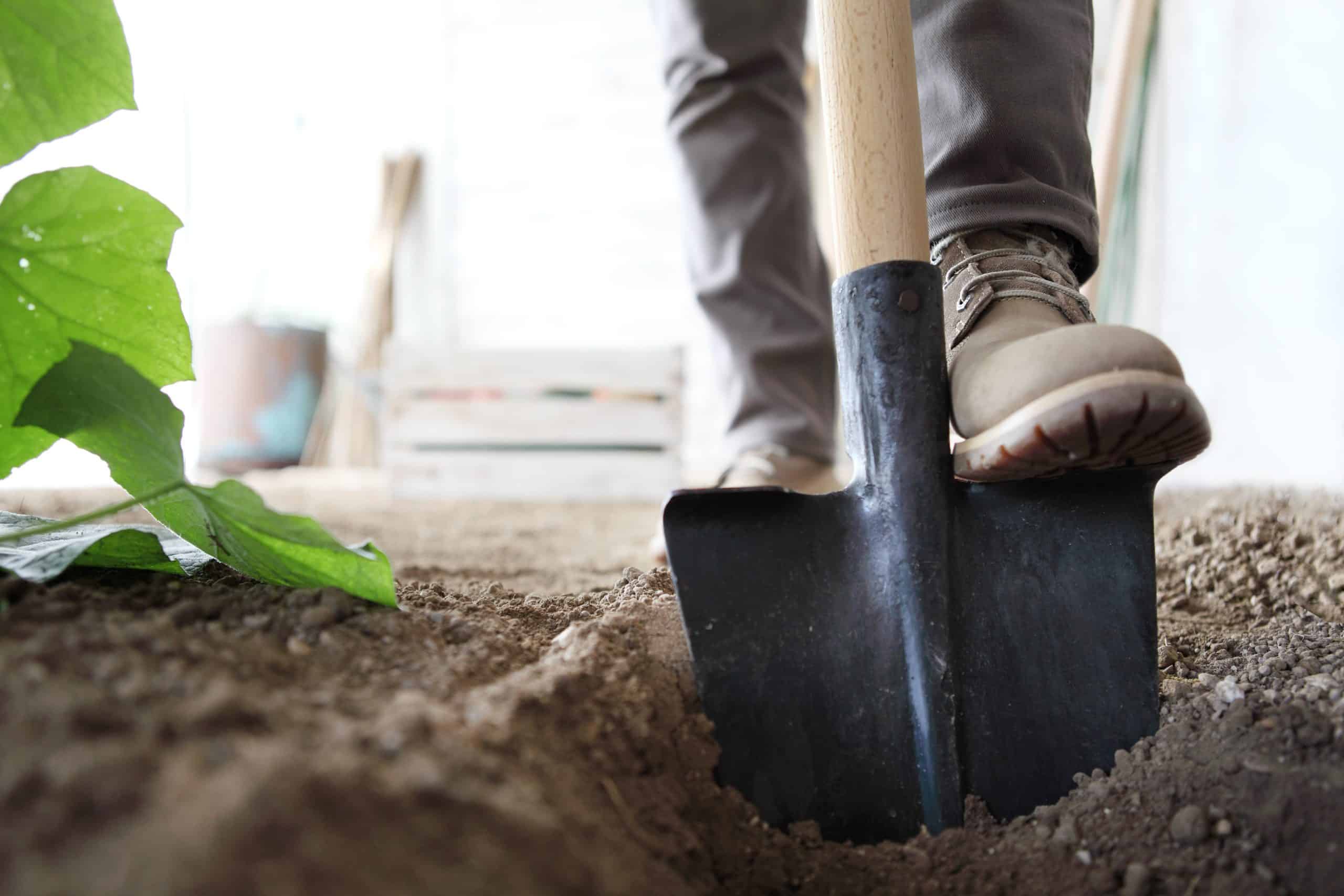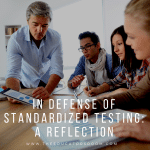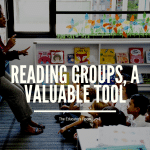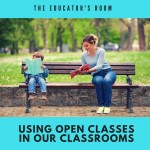There are some subjects that fascinate us. Archaeology is one such subject. Archaeology can take us to Egypt and the tombs of the Pharaohs, or unravel the mysteries in our own backyards. Many people go through an archaeology phase, though few become archaeologists. Plus, everyone likes digging in the dirt.
The Society for American Archaeology makes the case that archaeology should be included in the pre-college study for a variety of reasons. They offer a sample lesson plan which outlines the ways archaeology can benefit our students. It can be a way to teach critical thinking. We can also use it to teach the scientific method. Lessons taught with archaeology can be memorable and fun. Using archaeology in the classroom also encourages small group learning. Finally, it can help students learn the importance of historical sites. The Florida Public Archaeology Network offers a similar plan.
There’s a lot there. No teacher has a ton of extra time, what with testing and meeting our standards. Maybe there is a way for teachers to use this subject to create fun and engaging cross-curricular lessons? Archaeology might be worth it. It is always a good thing to increase student engagement, and it is also a fun way to get digging into learning.
Digging Into Science
In many ways, it makes the most sense to fold archaeology into a science curriculum. It is a science, after all. Many lesson plans emphasis the scientific method, which is a major part of this field. The National Science Foundation developed lessons that examine behavioral, social, and economic sciences. This is bordering on the soft sciences, biology teachers might be crying. Never fear, there are other considerations. Students can practice using topographic maps, or examining soil samples. The rate of decomposition is fun. They can talk about carbon dating and stratification, and what those layers in the soil can teach them. Many fun science experiments can be part of an archaeology unit.
Digging Into Math
There is another piece to the archaeology puzzle, and that is math. Of course, archaeology is a science, but science and math are good friends. There is the measurement, of the artifact and the site itself. Some artifacts will need to be put back together, creating a 3D puzzle for students. Students will be able to practice things like statistics, which allows archaeologists to examine large data clumps at once. Archaeological sites are also set up in grids, and students can practice math through that process as well.
Digging Into History
When we are trying to place archaeology somewhere, it tends to be placed in the history world. Archaeologists use their data to learn more about the past, and the people who lived back then. This is where students can learn about the research aspect of archaeology. They can take the artifacts that they found and examine them, doing research to piece together who lived or worked on their dig site. Students can check newspapers, letters, and other primary source documents. Other sources can be used for learning more. Plus, archaeology is not just about ancient history. Students can learn more about their town and the surrounding area!
Digging Into English
This one seems strange, but there is actually a strong case for teaching archaeology in an English classroom. When I attended the Project Archaeology Leadership Academy, I was nervous that I would not find anything to use in English. But I was wrong. Like so many other disciplines, there is a ton of writing involved, from notes to the final reports. Students can write a story about the people they have learned. There is also a ton of critical thinking in archaeology. That is something that we all strive to teach, and this is just one more way that an English teacher can use archaeology in his or her classroom.
But, We Do Get to Actually Dig?
The real question with an archaeology unit, of course, is when do students get to dig? There is no easy answer to this. It is generally frowned upon for students to actually dig in the ground, but there are some options. If you teach in an area with an active dig, a field trip could be fun. If not, many Federal programs recommend getting large plastic containers and filling them with dirt. This allows students to see the layers, and dig without breaking any Federal or State laws.
Students can use the skills they learned in math and science to plan for their dig. Then have someone teach them how to do archaeology. If no one on your staff has the archaeological experience, there are YouTube videos that can help. Students can use what they learned in history to write site reports, which then ties back to English. Of course, talk with your administrator before bringing large quantities of dirt to school. Has anyone been able to do this at the High School or Middle School level? It could be a ton of fun, and students would not soon forget it.
Final Thoughts
Archaeology is a discipline that does reach across borders. There is science, history, English, and math, all rolled up into one. Countless students are interested in archaeology. With a push to do cross-curricular projects, we shouldn’t shy away from archaeology. Programs like Project Archaeology offer lessons that reach science, history, English, and math in a fun and manageable way. Maybe we ought to dig into archaeology, helping our students dig into learning in a fun and unique way?






